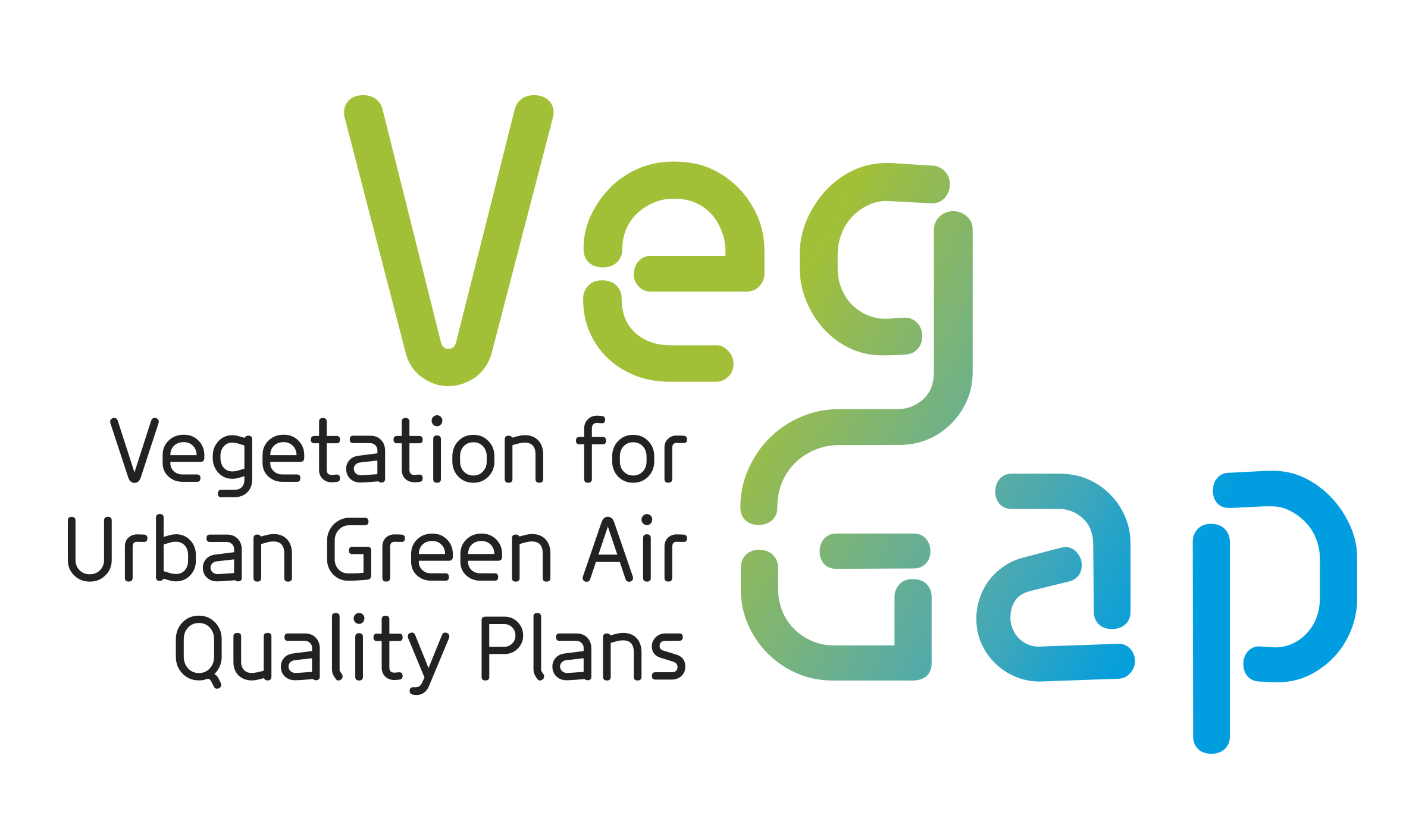Urban reforestation is a virtuous way, now widely recognized as such, to combat global warming and to create healthier and more livable cities. The replanting of trees in cities and the increase in green areas is therefore one of the tools to be promoted with greater conviction and commitment, without hesitation. This is also emphasized by a recent study curated by air pollution experts from the University of Surrey, England, and published in the "Environmental Pollution" journal.
The survey clearly highlights how plants improve air quality and stand as an excellent ally against the warming in urban areas. In fact, lawns, gardens and vertical vegetable gardens can substantially contribute to lower temperatures in many metropolises and to mitigate the negative consequences on climate of the increasing urbanization.
The city of Guildford was taken as a model: using computer simulation programs, the experts determined that the city would be 0.128° C cooler if trees replaced all forms of green infrastructure.
Governments and administrators are
therefore invited to “spread forests" in cities in order to reduce
pollution and heat peaks due to global warming. This would also improve the
ability of the water system to absorb the increased intensity of precipitation
we are witnessing in the last years.
According to Professor Prashant Kumar, head of the study, "it is important that the political and administrative world - competent about urban planning decisions - receives all the necessary information about the impact that the building of new cities will have on the environment and about the most effective strategies to mitigate the fallout. To respond to the housing crisis, the UK government would like to build 300,000 houses every year. This could have negative consequences for some urban centres that would witness a rise in temperatures due to the circulation of more vehicles and to the building activity that would not take into account the potential disasters which could arise in this context. In such a delicate moment for our planet, every action must be done with respect for the environment and with the aim of making significant improvements ".


